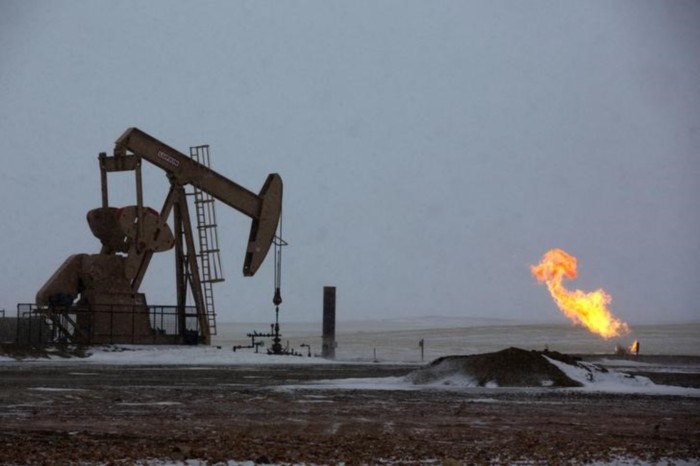Oil futures off the highs as dollar fights back, Yemen in focus
Crude oil futures came off the highest levels of the session on Thursday, as traders continued to monitor the direction of the U.S. dollar to gauge the appeal of dollar-denominated commodities.
The dollar index, which tracks the performance of the greenback against a basket of major currencies, was up 0.25% to 97.34, recovering from a session low 96.32 earlier in the day.
On the New York Mercantile Exchange, crude oil for May delivery hit an intraday peak of $52.48 a barrel, the most since March 6, before trimming gains to trade at $49.86 during U.S. morning hours, up 65 cents, or 1.32%.
Elsewhere, on the ICE Futures Exchange in London, Brent oil for May delivery rallied $1.48, or 2.61%, to trade at $57.96 a barrel after touching a session high of $59.76, the strongest level since March 9.
Meanwhile, the spread between the Brent and the WTI crude contracts stood at $8.10 a barrel, compared to $7.27 by close of trade on Wednesday.
The dollar found support after data showed that the number of people filing unemployment assistance in the U.S. last week fell to a five-week low.
The U.S. Department of Labor said earlier that the number of individuals filing for initial jobless benefits declined by 9,000 last week to hit a five-week low of 282,000. Analysts had expected initial jobless claims to fall by 1,000 to 290,000 last week.
Global oil prices spiked more than three dollars during the Asian session on news that Saudi Arabia launched air strikes in Yemen to counter Iran-backed Houthi rebels, fuelling concerns over a disruption to supplies from the oil-rich region.
Oil traders are sensitive to risky geopolitical news involving Saudi Arabia, which has 16% of the world’s oil reserves and maintains the world’s largest crude oil production capacity.
There are fears that an escalation of hostilities could set off a conflict across the region and send oil prices skyrocketing.
Countries in the Middle East were responsible for nearly 35% of global oil production last year.
